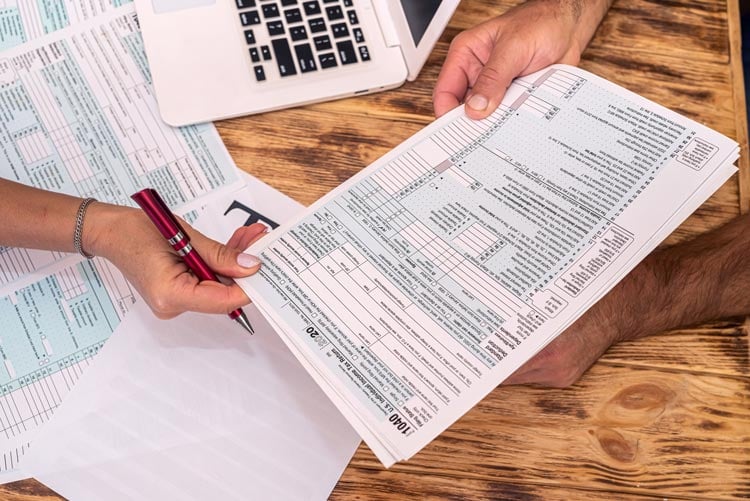The Realized Team’s Picks
How to Identify a Replacement Property for a 1031 Exchange

The idea behind 26 U.S. Code § 1031 – “Exchange of Real Property held for Productive Use or Investment” – is that the investor can trade relinquished real estate for properly identified as replacement real estate to benefit from a capital gains tax deferral.
What is Cap Rate Compression?

Real estate investors seeking potential places to park their investment capital often examine cap rates to determine the viability of investment opportunities.
Can You Combine a Reverse and Forward 1031 Exchange?

For many real estate investors, the primary objective of completing a 1031 exchange is to defer capital gains taxes generated from the sale of their investment properties.
Can You Exchange One 1031 Property for Two?

Selling an investment property can bring about many difficult decisions.
What is Constructive Receipt?

Constructive Receipts are cash transactions and can have negative IRS consequences if not processed correctly. By cash transactions, we mainly mean physical checks. When a company receives a check, there is a delay until the money appears in the company’s bank account. This process is where constructive receipts come in.
What is the Napkin Test?

Legendary California real estate attorney Marvin Starr likely had no idea when he snatched up a paper table napkin during a real estate seminar to jot down some quick 1031 exchange math that he was pioneering the most simple method of determining an exchangor’s financial position in a potential exchange.
What Are The Differences Between a Delaware Statutory Trust and a Partnership?

Real estate investors are frequently attracted to the potential benefits of commercial property but may lack the individual resources to buy the assets they want. As a result, these investors may pool their capital with other investors to gain access to more substantial properties to achieve their goals. One way to accomplish this is through the structure of a partnership, often a real estate limited partnership.
What is a 1031 Exchange Addendum, and How Does it Work?

Many 1031 exchange contracts have all the necessary language to complete the exchange. However, there are times when modified or new language must be introduced after the fact. This article will look at a few scenarios where a 1031 exchange addendum is needed.
How to Use the Tax Code to Keep Your Real Estate Wealth Stable During Retirement

Realized CEO and co-founder David Wieland discusses in CPA Practice Advisor how investors can utilize a 100-year-old tax shelter to exit actively managed properties and reinvest the proceeds into passive real estate investments such as DSTs.
Can You Sell Multiple Properties in a 1031 Exchange?

There is nothing special about selling multiple properties in a 1031 exchange (also called a forward exchange). However, it can be more difficult than a single property exchange. Compared to a single property exchange, there can be more properties and people involved. This means far more to juggle and maintain, all while trying to beat deadlines. Let’s walk through what this type of transaction might look like.


